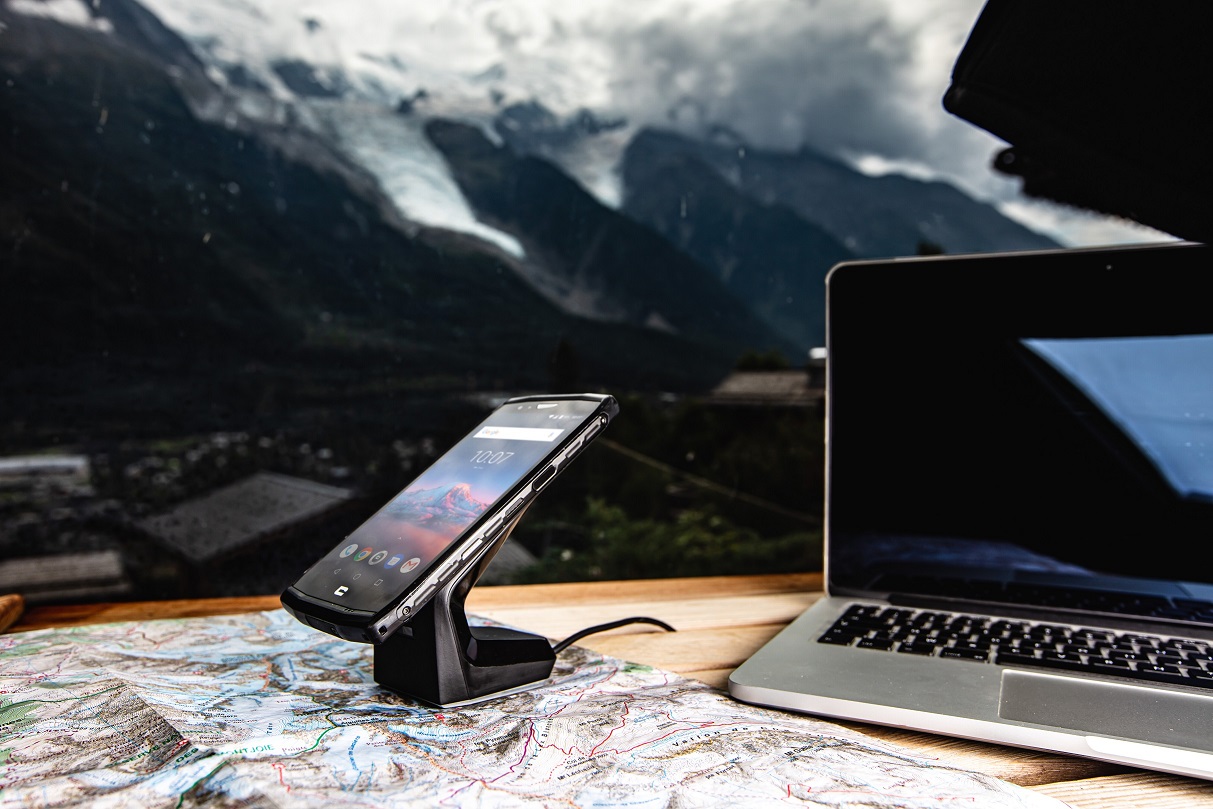Whether you’re sending an email, searching the internet or even just storing your messages, it may all seem perfectly harmless, but the environmental consequences are real. What is digital pollution and how can we reduce our impact? Julien Fouriot, Sales Director for Africa, Crosscall provides 5 top tips to reduce your digital impact.
What is Digital Pollution?
Digital pollution is the pollution created by the use of electronic devices and by web browsing in particular. This pollution largely emanates from data centres, which host all internet data and which, in order to function, consume a great deal of energy. Here are five fantastic tips for reducing your digital impact.
Discover 5 tips to reduce your digital impact.
Sort through your emails
Now that we’re all familiar with sorting our waste, why not get into the habit of sorting your emails, too? One email stored for a year can emit 10g of CO2. But where to start?
- Newsletters
How many newsletters per week do you send to the trash without even taking the time to open them? While signing up to this type of email is undoubtedly very simple, it can sometimes seem very complicated to unsubscribe. If you are happy to take the time to sort through them one by one, just open the newsletter from which you want to unsubscribe, go to the bottom of it and click on the link inviting you to unsubscribe. If, like us, you’re keen to sort the problem quickly, then try Cleanfox, a website – also available as a mobile app – that helps you clean up your mailbox in the blink of an eye. Cleanfox will scan your mailbox, and group emails by sender so all you have to do is decide whether you want to delete, unsubscribe or keep each group of emails.
- Personal and professional emails
Once the newsletter part is done, it’s time to move on to personal and professional emails. While some emails are undoubtedly worth keeping, we’re sure that many of them can be deleted. So be brave, be bold and off you go for a major spring clean! To speed things up, sort your emails by sender and make multiple selections.
Close Inactive Tabs
When you’re in the process of an internet search, the tabs can often pile up. If you think these inactive tabs aren’t consuming any energy, think again! They are constantly communicating with the data centres. So try and proceed in a methodical way, closing the tabs that don’t interest you as you go along.
Use Shortcuts
When you enter your query into a search engine, it is sent to a data centre, which will send you a number of responses via a page made up of different website links. This is the start of a back-and-forth between your computer and the data centre to give you access to the information you are looking for. To limit queries, create a shortcut to the pages you visit most often. This will help you save energy but also time!
Optimise your Data Storage
Organise your files to keep what you need and avoid duplication. Use the cloud only for items you can’t afford to lose. For the rest, use an external hard drive.
Choose your equipment well
And last but not least, a final tip which may seem obvious – choose your devices well to avoid having to change them every year. To do this, we advise you to invest in robust, hard-wearing products. You could also embrace a “lighter” approach. You don’t necessarily need a mobile, a computer, a tablet AND a smart watch – which when you combine them together consume a lot of energy. Think carefully about how you use your tech and equip yourself accordingly. Some devices use less energy, like tablets (15kWh/year) compared to a desktop computer (250kWh/year). For example, if you only use your computer to watch films and browse the internet, maybe a tablette would do the trick instead.
At CROSSCALL, each and every idea, decision, and action is carefully considered from a sustainability and responsibility point of view. From the design to the final packaging, nothing is left to chance when it comes to ensuring the durability and longevity of our products. Based on this commitment, we now offer products with a three-year warranty to stay with you even longer.
By Julien Fouriot, Sales Director for Africa, Crosscall.



























